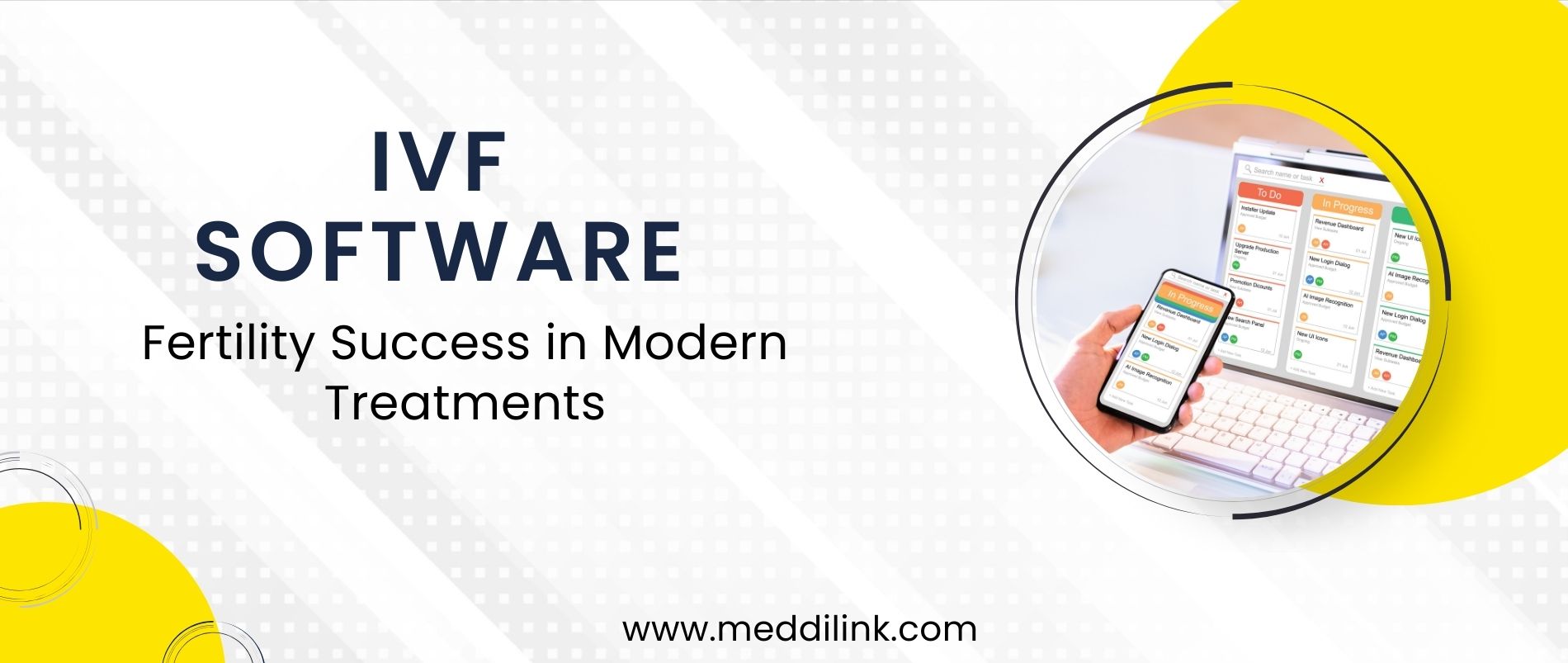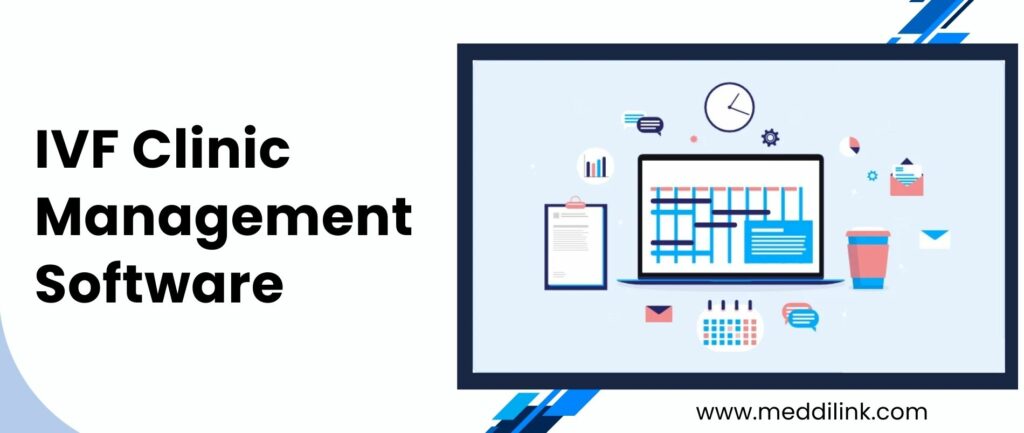
The journey of fertility treatment is complex and deeply personal. In recent years, the emergence of IVF (In Vitro Fertilization) software has marked a significant advancement in this field. These sophisticated systems not only streamline clinical processes but also enhance the patient experience, leading to better outcomes. This blog post delves deeper into the transformative role of IVF software in fertility clinics.
Comprehensive Patient Management
IVF software platforms developed by Meddilink, offers a holistic approach to patient management. They enable clinics to:
- Gather Comprehensive Medical Histories: Patients can fill out detailed medical history forms remotely, ensuring that clinicians have all the necessary information to tailor treatment plans effectively.
- Track Treatment Progress: The software provides a detailed overview of the patient's treatment journey, including medication schedules, examination results, and procedural outcomes. This integrated approach ensures that every aspect of the patient's journey is meticulously monitored.
Advanced Data Analysis and Reporting
One of the key strengths of IVF software lies in its ability to analyze vast amount of data. Clinicians can:
- Assess Treatment Efficacy: By analysing treatment cycles and outcomes, the software helps in identifying the most effective protocols.
- Generate Detailed Reports: These reports aid in making informed decisions and adjusting treatment plans as needed.
Enhancing Treatment Accuracy and Efficiency
IVF software significantly improves the accuracy and efficiency of fertility treatments:
- Streamlined Laboratory Processes: From oocyte retrieval to embryo transfer, every laboratory procedure is meticulously documented and monitored, reducing the chances of error.
- Efficient Workflow Management: The software optimizes clinic workflows, leading to time savings and reduced work stress for the staff.
Patient Empowerment and Engagement
IVF software also plays a crucial role in patient engagement:
- Transparent Communication: Patients have access to their treatment plans and progress, fostering a sense of involvement and transparency.
- Educational Resources: Many IVF software platforms provide educational materials, helping patients understand their treatment journey better.
The Future of IVF Software: AI and Personalization
Artificial Intelligence in IVF: AI's role in IVF is becoming increasingly crucial. With its ability to process vast amounts of data and recognize patterns, AI algorithms are being developed to predict treatment outcomes more accurately. This includes assessing the viability of embryos, thereby increasing the chances of successful pregnancies. AI can also personalize treatment plans based on a patient's unique medical history, genetic information, and response to previous treatments. This level of customization is unprecedented and holds the promise of significantly improving success rates in IVF procedures.
Moreover, AI is being used to assist in the delicate process of embryo selection. By analyzing embryo images, AI can help identify the ones most likely to lead to a successful implantation and pregnancy. This reduces the subjectivity involved in the selection process and can lead to more consistent and reliable outcomes.
Enhanced Personalization: The future of IVF software is not just about incorporating AI but also about enhancing the level of personalization in treatment. Future versions of IVF software are expected to integrate more comprehensive patient data, including genetic, physiological, and lifestyle factors. This integration will allow for more tailored treatment recommendations, optimizing the IVF process for each individual.
Personalization extends beyond treatment plans to include patient communication and support. IVF journeys are emotionally and physically demanding, and personalized software can provide patients with tailored resources, support, and guidance throughout their journey.
Conclusion
IVF software has become an indispensable tool in the field of reproductive medicine. By enhancing the efficiency, accuracy, and patient experience of fertility treatments, these platforms are not just technological solutions; they are partners in the journey towards successful parenthood.
For further insights into the evolving landscape of fertility treatments and the role of technology, visit the insightful blogs at Meddilink.
To discover more about Meddilink's contributions to fertility technology, visit our website.




